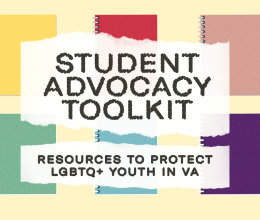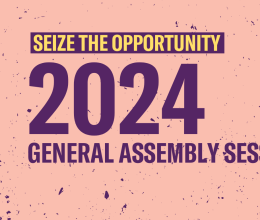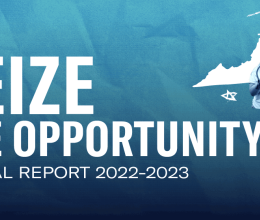Civil liberties group remains focused on ensuring that LGBT Virginians cannot be fired or denied services because of who they are.
Richmond, VA – The U.S. Supreme Court today ruled that lesbian and gay couples are entitled to equal marriage rights under the U.S. Constitution. The court’s action means that lesbian and gay couples across America will now enjoy the same freedom to marry that Virginia couples have enjoyed since October 2014, following a successful lawsuit in which the American Civil Liberties Union, the ACLU of Virginia, Lambda Legal, and the law firm of Jenner & Block represented a certified class made up of approximately 14,000 same-sex couples in the Commonwealth who sought to get married or have their out-of-state marriages recognized in Virginia.
“Just as it did 48 years ago when it found Virginia’s laws prohibiting interracial marriage to be unconstitutional, today the U.S. Supreme Court reminded America that laws denying equal marriage rights have no place in the Commonwealth or any other state,” said Claire Guthrie Gastañaga, executive director of the ACLU of Virginia. “Today the Court affirmed that marriage is a fundamental right of all Americans.”
While lesbian and gay couples across America can now marry the person they love, Virginia law still lacks protections to ensure that LGBT Virginians cannot be fired or denied housing because of who they are. In addition, Virginia law permits genetic counselors and state-funded adoption and foster care agencies to deny services to LGBT Virginians and requires public colleges and universities to recognize and fund student political and religious organizations even if the organizations intentionally discriminate in their membership or leadership in furtherance of their religious or political mission.
“This is a bittersweet moment at the ACLU of Virginia. While securing the freedom to marry is a crucial step toward equality after many years of discrimination, we will not rest until all Virginians are accorded equal rights and equal dignity,” continued Gastañaga. “We celebrate this historic decision, but we do so with our eyes wide open about how far we still have to go.”




